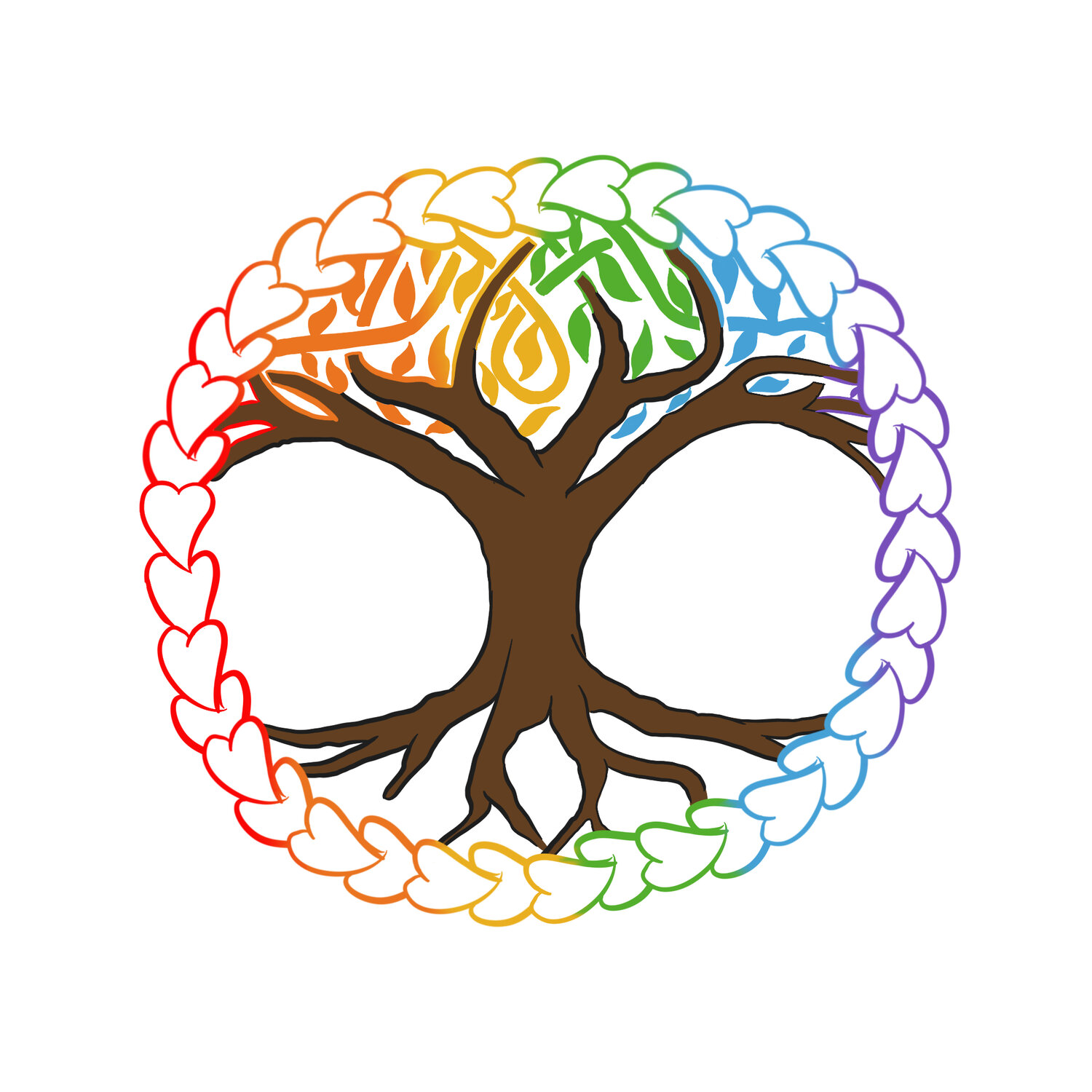Finding Our Way When Traditions Hurt
Across time and cultures, humans have created and observed traditions to place anchors in the passing of time, to create meaning, and to foster a sense of belonging within groups. Practicing traditions has helped humans hang onto their sense of self through times of adversity, war, and oppression. Families use traditions to tie threads of connection from one generation to the next. Ideally, traditions create a sense of safety and belonging for everyone in the group without causing harm to those outside the group, but often this is not the reality of what occurs. What do we do when our family of origin identifies with a group where belonging is incumbent upon professing allegiance to oppressive falsities or the exclusion and dehumanization of entire groups of people? What do we do when we come from family systems that have built an identity through the exclusion of our own identities?
For many of us in the LGBTQIA+ community, the holidays over the next several weeks bring up constant reminders that the family systems we came from did not and do not provide us with safety and belonging. It’s impossible to miss the capitalist agenda blasting us with ubiquitous reminders that this is supposed to be “the most wonderful time of the year!” along with pictures of joyous humans celebrating traditions and experiencing belonging. And although we may be invited to the family dinner at Aunt Susan’s, this may feel like gaslighting because we know our true, authentic self is not invited. We know that the expectation is that we cater to everyone’s bigotry or carry the burden of being the only one to speak up. As a result, many of our family traditions leave us with anything but warm, fuzzy feelings.
If this time of year does bring up painful feelings or present family gatherings that are difficult to navigate, it is important to take steps to care for yourself, nurture your community and chosen family, and to give yourself an extra dose of grace as you move through this time. Below are some reminders, tips, and suggestions to help you create your own plan for navigating this season.
Setting Boundaries
You choose when and how you give your time and presence. You do not owe yourself to anyone.
If you are going to a family gathering and anticipate some difficulties, plan ahead. It is much easier to process how we want to set boundaries when we are in a calm, safe space.
It may help to practice how you want to enforce boundaries by rehearsing scenarios with a friend or therapist.
Set a time limit for how long you want to stay at the event.
Create an exit strategy. If you need to leave, where will you go and who will you call for support? Check in with your appointed support buddy ahead of time.
And you can choose not to attend. Again, you do not owe yourself to anyone. If you feel you must go to the event, it might be helpful to ask yourself, “Who am I protecting?”
It is not your job to teach everyone; that’s what Google is for.
You do not have to answer every call or message you receive.
You are not responsible for the feelings of others.
Setting boundaries is not unkind.
Practicing Self Care
Self care does not just mean expensive pampering. Self care can be as simple as remembering to care for our bodies on a daily basis. It might be helpful to post a self care check-in on the mirror or fridge. This might include:
Have you eaten and nourished your body?
Have you had some water?
Have you moved your body in a way that feels good and supportive?
Are you using sleep hygiene that is supportive of your body and promotes better rest?
Have you taken your meds?
Are you giving yourself grace?
Practicing Community Care*
Community care is how we invest in and nurture our communities. This could look like:
Checking in on those in our community
Sending someone a meme to make them chuckle
Volunteering in our community
Organizing a dinner for humans who may feel lonely during this time
Baking and delivering cookies
Creating
Deconstructing toxic family traditions and norms can be exhausting. This process takes so much work that at times it can feel like our focus is primarily on what we are leaving behind. But we need balance. During the process we deserve connection to traditions that align with our own values, lived experiences, communities, and chosen families. Creating our new traditions is something that we can move into with playfulness. What tradition could you create this year that gives you a sense of home in your body and chosen family?
*I learned the term community care through the work and writing of BIPOC authors and leaders. For more on community care, please read Ijeoma Oluo’s blog post Is It Self-Care, or Is It Capitalism?
Sources
Oluo, I. (2021, November 5). Is it self-care, or is it capitalism? Ijeoma Oluo: Behind the Book. Retrieved November 23, 2021, from https://ijeomaoluo.substack.com/p/is-it-self-care-or-is-it-capitalism.

